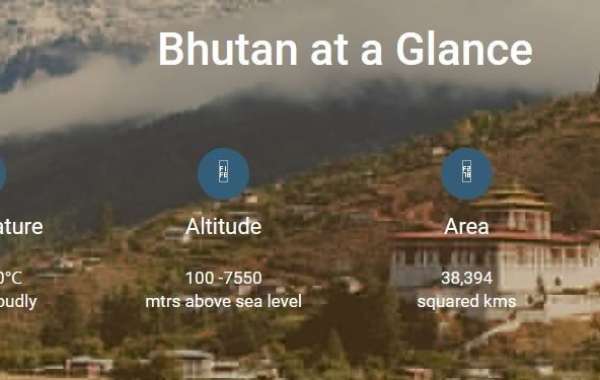"Preserving Paradises: Eco-Tourism Conservation Strategies" could be a comprehensive guidebook or educational resource aimed at promoting sustainable tourism practices and conservation efforts in ecologically significant areas. Here's an outline for such a resource:
Introduction:
- The Importance of Conservation in Tourism:
- Explain the critical role of eco-tourism in preserving natural habitats and biodiversity.
- Highlight the potential benefits of sustainable tourism for local communities and economies.
Section 1: Understanding Eco-Tourism
Defining Eco-Tourism:
- Define eco-tourism and its principles of environmental conservation, community involvement, and educational experiences.
- Discuss the concept of responsible travel and its impact on ecosystems.
Benefits of Eco-Tourism:
- Explore the economic, social, and environmental benefits of sustainable tourism for local communities and ecosystems.
- Provide case studies showcasing successful eco-tourism initiatives.
Section 2: Conservation Strategies
Habitat Protection and Restoration:
- Discuss strategies for preserving and restoring natural habitats, such as reforestation, marine conservation, and wildlife corridors.
- Highlight successful conservation projects and their impact on biodiversity.
Community Engagement and Empowerment:
- Explore the importance of involving local communities in eco-tourism initiatives.
- Provide examples of community-based conservation efforts and sustainable livelihoods.
Section 3: Sustainable Tourism Practices
Minimizing Environmental Impact:
- Provide guidelines for reducing the environmental footprint of tourism activities, such as waste management, energy conservation, and water stewardship.
- Highlight the principles of Leave No Trace and responsible wildlife viewing.
Promoting Cultural Preservation:
- Discuss the importance of respecting and preserving indigenous cultures and traditions in eco-tourism destinations.
- Provide strategies for promoting cultural exchange and supporting local artisans and cultural heritage.
Section 4: Partnerships and Collaboration
Public-Private Partnerships:
- Explore the role of collaboration between government agencies, non-profit organizations, and private sector stakeholders in eco-tourism conservation efforts.
- Highlight successful examples of public-private partnerships in sustainable tourism management.
International Cooperation:
- Discuss the importance of global cooperation in conserving transboundary ecosystems and biodiversity hotspots.
- Showcase international conservation agreements and initiatives.
Section 5: Responsible Traveler Education
Educating Travelers:
- Provide resources and guidelines for travelers to engage in responsible and sustainable tourism practices.
- Offer tips for minimizing environmental impact, supporting local communities, and respecting cultural sensitivities.
Advocacy and Awareness:
- Discuss the role of travelers as advocates for conservation and sustainable tourism.
- Provide tools and resources for raising awareness and promoting eco-friendly travel practices.
Section 6: Case Studies and Success Stories
- Eco-Tourism Destinations:
- Showcase eco-tourism destinations around the world that have successfully implemented conservation strategies.
- Highlight the positive impact of sustainable tourism on local communities and ecosystems.
Conclusion:
- The Future of Eco-Tourism Conservation:
- Summarize key strategies and principles for preserving paradises through eco-tourism.
- Emphasize the importance of continued collaboration and commitment to conservation efforts.
Creating a resource like "Preserving Paradises" can serve as a valuable guide for stakeholders in the tourism industry, conservation organizations, policymakers, and travelers interested in promoting sustainable tourism practices and protecting ecologically significant areas.
See more :-
bird watching, eco travels, eco -friendly tourism, nature tourism places, birding tour
cultural tours, eco travels, thunder dragon, adventurous, spiritual
birds of Bhutan, eco travels, bird photography, wildlife tours, Buddhism tour
Eco travels , bird photography, Trashigang festival, cultural heritage, Thrumshingla national park
cultural holiday, Eco travels , bird watching, mammals, flowers
birding, animal watching, nature walk, Eco travels , extinct species
birding tour, Eco travels, cultural tour , best travel agency, Bhutan tour
spring bird, Eco travels, wildlife tour, ecotours, Himalayan Monal
historical sites, Eco Travels , Thimphu, Paro Taktsang, trip to Bhutan
7 Days – Short Bird Watching and Cultural Tour in Bhutan - Langur Eco Travels
drukpa kora,lost valley of Trashiyangtse
Jigme Singye Wangchuck National Park
Travel to Bhutan from USA (United States) | Langur Eco Travels








